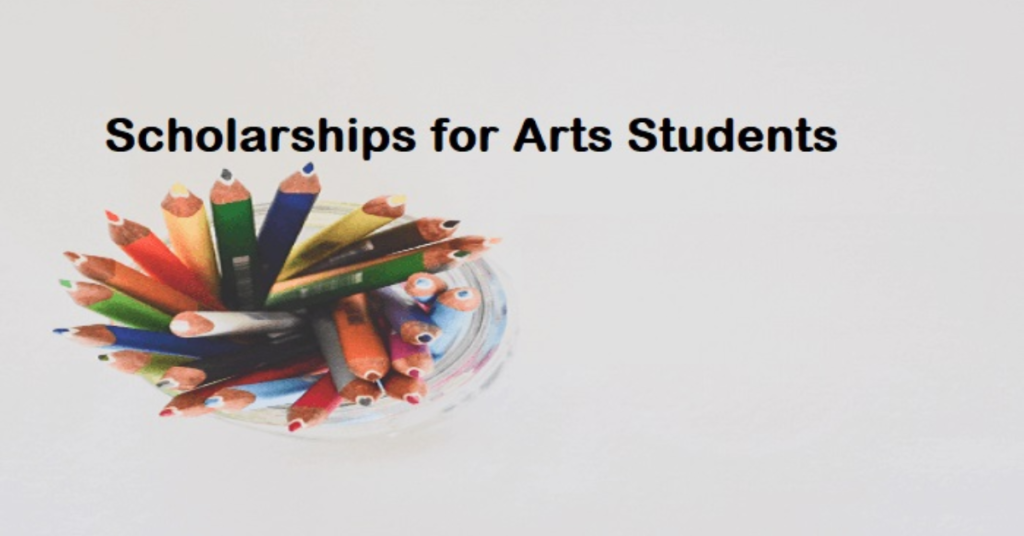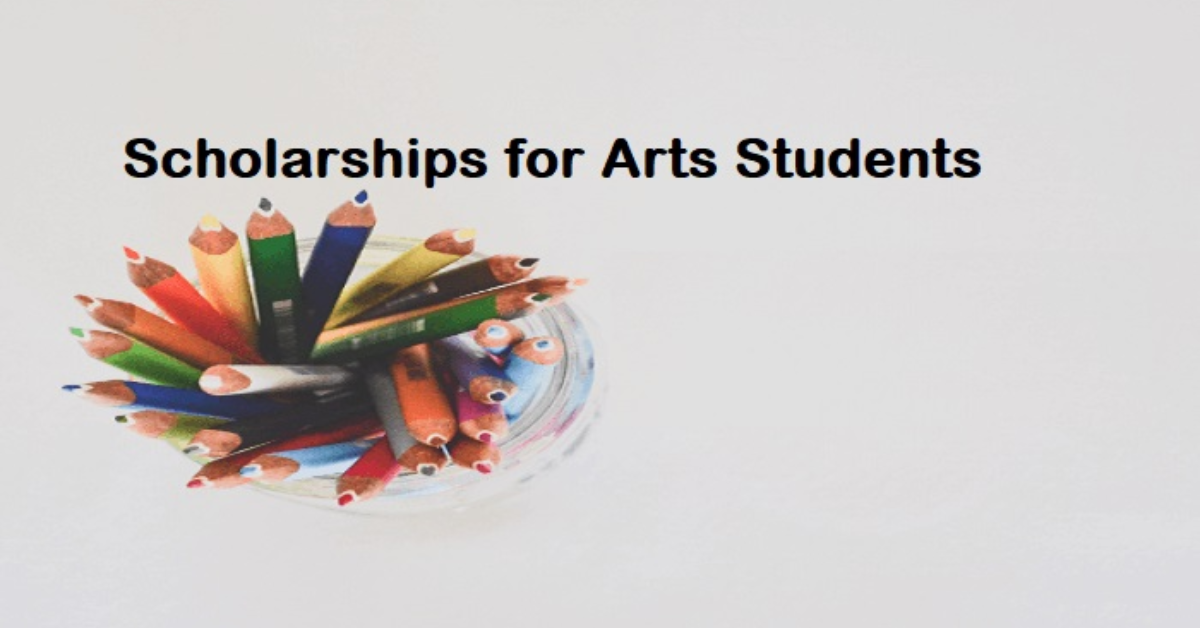Pursuing a career in the performing arts is a dream for many students, but for some, the cost of higher education can be a significant hurdle. Whether you are passionate about acting, dance, music, or theater, university performance arts scholarships can provide the financial support needed to transform artistic aspirations into reality. These scholarships not only alleviate financial burdens but also recognize and nurture exceptional talent, giving students the opportunity to focus on refining their skills

Types of University Performance Arts Scholarships
Scholarships tailored to the performing arts come in various forms, each designed to support students based on their unique needs, talents, and academic achievements. Let’s delve into the main types of scholarships you might encounter:
1. Performance or Talent-Based Scholarships
Talent-based scholarships are awarded to students who demonstrate outstanding ability in their artistic discipline, whether it’s music, acting, dance, or film. These scholarships are often highly competitive and require applicants to present a portfolio of their work or participate in live auditions. The selection process is rigorous, as universities want to ensure that they are supporting individuals with both the talent and the potential to succeed professionally in their art.
An example of this type of scholarship might be a music student auditioning with a technically challenging piece, or a theater student performing a dynamic monologue to showcase their range.
2. Merit-Based Scholarships
While talent is essential, many universities also offer merit-based scholarships, which take both academic achievement and artistic skill into account. These scholarships reward students who not only excel in their performance art but also maintain a high GPA or display leadership and extracurricular involvement. Merit-based scholarships often require students to continue excelling academically throughout their college career to retain their funding.
3. Need-Based Scholarships
Financial need should never prevent a talented student from pursuing their dreams. Need-based scholarships focus on students who face significant financial challenges. These scholarships take into consideration the student’s financial background, with applications requiring documentation such as tax records or the completion of a FAFSA form (for U.S. students). Need-based scholarships help level the playing field, ensuring that students with financial difficulties can still access top-tier education in the arts.
4. Institutional and Donor-Specific Scholarships
Many universities offer institution-specific scholarships funded by alumni or donations from arts organizations. These scholarships are often tied to the specific strengths of the institution’s performance arts programs. For example, a university known for its conservatory might offer scholarships for classical musicians, while a school with a strong theater program might focus on actors or playwrights. These scholarships not only provide financial aid but also connect students with a network of mentors and professionals in their chosen field.
Eligibility Requirements for Performance Arts Scholarships
While each university and scholarship program has its own unique criteria, several key elements are commonly evaluated when considering applicants for performance arts scholarships:
1. Demonstrated Artistic Talent
For talent-based scholarships, students must provide evidence of their artistic ability. This often comes in the form of audition recordings, portfolios, or live performances. The key is to showcase both technical proficiency and creative range. Universities are looking for students who demonstrate not only raw talent but also a deep commitment to honing their craft.
2. Academic Achievement
For scholarships that are merit-based, academic performance is an important factor. Students must maintain a solid GPA and demonstrate their ability to balance the rigors of academics with their artistic endeavors. This requirement ensures that scholarship recipients are well-rounded and capable of succeeding both artistically and academically.
3. Financial Need
For need-based scholarships, students must provide documentation of their financial situation. This could include income statements, tax returns, or financial aid applications. The goal is to ensure that scholarships are directed to students who genuinely need the financial assistance to afford their education.
4. Strong Letters of Recommendation
Many scholarship applications require letters of recommendation from teachers, directors, or mentors who can attest to the student’s talent, work ethic, and potential for growth. These recommendations give the scholarship committee insight into the applicant’s abilities beyond what can be seen in a portfolio or academic transcript.
How to Apply for University Performance Arts Scholarships
Applying for performance arts scholarships requires a combination of planning, preparation, and strategy. Here are the steps to successfully navigate the application process:
1. Research Early and Thoroughly
It’s essential to start your research early, as deadlines for scholarship applications can vary widely. Look for scholarships that align with your specific talents and goals. Many universities have scholarship databases or offices dedicated to helping students find funding opportunities. By starting early, you give yourself time to gather materials, perfect your audition, and complete the necessary forms.
2. Prepare a Professional Portfolio or Audition
Your portfolio or audition submission is the centerpiece of your application. Make sure it reflects your best work and demonstrates your technical skill, versatility, and creativity. Whether it’s a video audition, a collection of performance clips, or a written portfolio for playwriting, take time to curate your submission carefully.
Seek feedback from mentors or instructors to fine-tune your work before submission. Their insights can help you make small but important improvements that can make your application stand out.
3. Write a Thoughtful Personal Statement
Many scholarship applications require a personal statement. This is your chance to tell your story—why you are passionate about your chosen art form, how you’ve developed your skills, and what your long-term career goals are. Be authentic and articulate why this scholarship is important to your journey. Highlight specific achievements, challenges you’ve overcome, and what motivates you to pursue a career in the arts.
4. Get Organized and Submit All Materials On Time
Make sure to carefully follow all the submission guidelines for the scholarship. This includes gathering transcripts, financial documents, and recommendation letters. Missing a single document or missing the deadline can jeopardize your chances. Set reminders for yourself and keep a checklist of all the required materials to ensure nothing is overlooked.
The Impact of Securing a Performance Arts Scholarship
Winning a performance arts scholarship can have a transformative impact on a student’s education and future career. Below are some of the key benefits:
1. Financial Support
The most obvious benefit is the reduction of tuition costs, which can be especially high for specialized arts programs. Scholarships alleviate the financial pressure, allowing students to focus fully on their studies and craft without the added stress of financial burdens. This can also mean taking on fewer student loans, leaving graduates with less debt.
2. Enhanced Recognition
Being awarded a performance arts scholarship brings prestige. It serves as an acknowledgment of your talent, hard work, and potential. This recognition can open doors to additional opportunities, such as invitations to exclusive performances, internships, and other professional development experiences.
3. Access to Mentors and Networking
In many cases, scholarships come with additional benefits, such as mentorship programs or connections to industry professionals. These relationships can be invaluable as students transition from university to professional life, providing advice, career guidance, and potential job opportunities in the arts industry.
Conclusion
For students with a passion for the performing arts, scholarships can provide the financial means to pursue higher education without sacrificing artistic ambition. Whether through talent-based, merit-based, or need-based scholarships, universities offer numerous pathways to support young artists in their educational journey.
With careful research, thorough preparation, and a strong application, students can secure scholarships that not only alleviate financial concerns but also open the door to valuable opportunities in the arts. Whether you’re an aspiring actor, musician, dancer, or filmmaker, university performance arts scholarships are your stepping stones to a brighter and more creative future.
